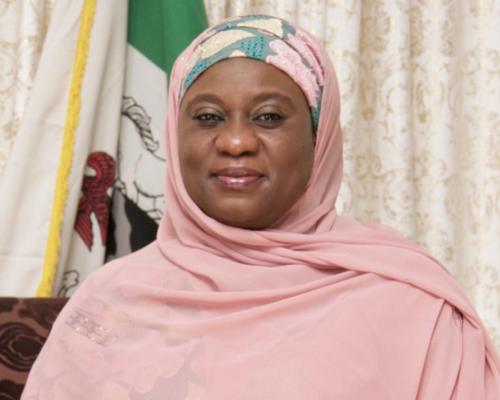
Minna, Nigeria – Early cancer detection improves the chances of successful treatment, which presupposes the availability of equipped facilities and health workforce. Yet without the right information on prevention and care, many patients are diagnosed late, reducing their chances of survival. In her home state of Niger in North-Central Nigeria, Dr Amina Abubakar Bello, also the state’s first lady, is spearheading a campaign to improve awareness and treatment of breast and cervical cancers – the most common cancers in women in Nigeria.
“I have seen the effects of cervical and breast cancer,” says Dr Bello, recounting the challenges and success of her cancer awareness drive. Through her Raise Foundation, 7400 women have been screened and 123 supported to get treatment since launching the initiative in 2016.
What triggered the cancer awareness initiative?
The Initiative was born after noticing that there was little awareness on both cervical and breast cancer in my state. In addition, there hardly was any system or service that was addressing cancer comprehensively. So, when we started the foundation, we launched a prevention programme that would tackle both cervical and breast cancer early because that is the best chance of survival. Advocacy is one of the most important aspects we took seriously in trying to increase community awareness. We have managed to spread awareness with the help of government officials, religious leaders, community influencers and traditional leaders because these are the stakeholders communities listen to. There is a lot of misconception about cancer and our duty include addressing those. For example, there is a common belief that when a woman has a lump in her breast, she cannot allow anything to cut through her skin, otherwise the problem will only worsen. This has made many women shy away from having biopsies when lumps are discovered, leading to their presenting at late stages of breast cancer. Another common misconception is that cancer occurs from [evil spells] and so people would rather go to traditional healers than the hospital.
One of the things we do is to ensure that cancer patients get a diagnosis early and then help them through the health system for care. With breast cancer screening, we do a clinical breast examination which is low cost and effective in detecting lumps then follow up with a mammogram for those who require it. With cervical cancer, we screen by visual inspection with acetic acid – a simple and inexpensive test that is effective in detecting pre-cancerous cervical lesions. With this test, we can access a lot of women and also provide treatment at the same setting.
Have you made progress since the initiative started?
We have increased cancer awareness in the state. The number of people availing themselves for screening services has increased compared with when we started. In 2016, we screened only 650 women. In 2018 and 2019 we screened over 2000 and 1989 women respectively. In 2020 as a result of the COVID-19 pandemic, we were only able to screen about one thousand. We are happy with the fact that we have a screening centre that the state didn’t have until we started it. We now have a mammogram [machine] that women can access. With the advocacy and collaboration we do with the Ministry of Health, we are looking forward to launching the State Cancer Control Plan which is an important step to helping cancer management and treatment.
What difficulties do cancer patients face in accessing care and treatment?
Most women who are screened live in urban or semi-urban areas. Those in marginalized areas have little chance of accessing services not unless as an organization we have an outreach program in that community. Only then can they be screened. The biggest challenge we face here is in as much as women would want to be screened and treated for breast or cervical cancer, some of the healthcare facilities do not have enough equipment and machinery to complete the processes. The test might be done at facility A then sent to facility B for analysis. The process to get results might take 3–4 weeks. After getting a diagnosis, most of the facilities will not be able to deliver radiotherapy although they are able to provide chemotherapy. Nigeria has fewer than 12 facilities that can provide radiotherapy. The cost of radiotherapy makes it difficult for a patient to be treated adequately.
In what ways can cancer prevention and care be improved in Nigeria?
The government needs to invest more in cancer care. In the budget, there should be an allocation to tackle cancer. Though in Nigeria we have a Cancer Control Plan, it has not been implemented. Incorporating care within the health insurance scheme is another measure that can be used to reduce the costs on patients thereby making things easier for them. The government should invest in cancer prevention programmes. We need specific programmes that address cancer awareness and prevention including the provision of vaccines. Cervical cancer can be prevented from occurring completely by protecting young girls from getting infected by HPV [human papillomavirus] through vaccination. As such, this is an investment that government needs to make.
What lessons you have learned in advocating better cancer prevention and care?
Though advocacy is a slow process, it works. It always gives better results if the right message is sent out to the right stakeholders. Based on my experience, addressing misconceptions that people have is essential. By informing the audience, it gives them a freeway to make informed decisions and present themselves to the hospitals for early detection.
In two years, we are looking at ensuring that the health system has a way to provide screening services for breast and cervical cancer embedded within the health care system as well as getting HPV vaccines to give to our girls at secondary school level.

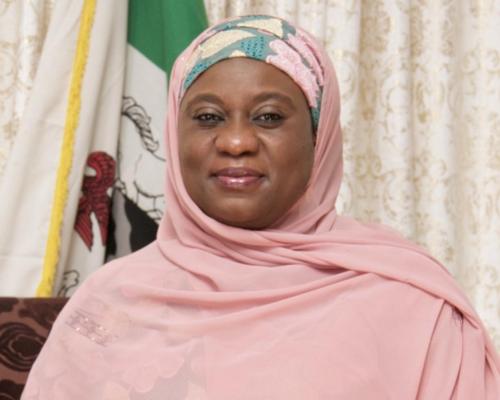
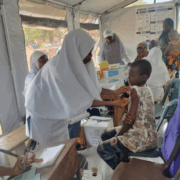


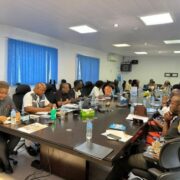
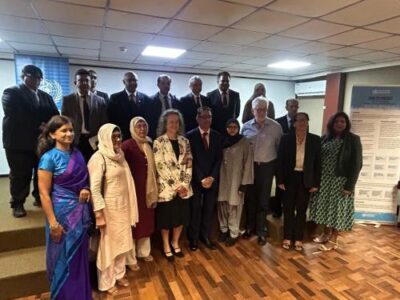
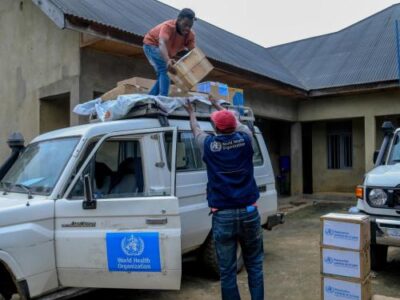
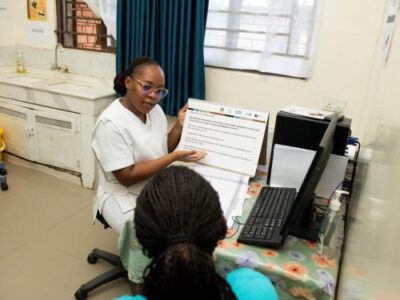
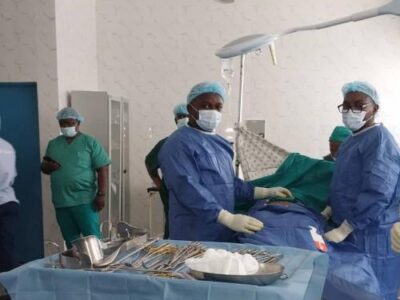

Comments